Transforming Operational Effectiveness in the Food Industry
Executive Summary
In the ever-evolving landscape of the food industry, operational effectiveness is paramount for success. This white paper explores the inherent challenges faced by businesses in the food environment and introduces Delta Driver, a seasoned expert in operational consulting, as a catalyst for positive change. By showcasing real-world case studies, we delve into the current state of operational inefficiencies and propose transformative solutions that position Delta Driver's capabilities as a game-changer in the pursuit of economic, market, and competitive advantages.
Introduction
Delta Driver, seasoned consultancy with over 30 years of experience in the food and consumer packaged goods industries. Delta Driver’s expertise lies in optimizing processes, implementing Lean Six Sigma practices, and leveraging data-driven decision-making to resolve operational issues efficiently.
The Landscape of Challenges
Supply Chain Optimization
Case Study 1: Fluid Milk Plant
Current State: Inefficient labor-intensive shipping and receiving led to uneven workloads.
Future State: Strategic product storage based on velocity, weight, and distance, resulting in a 25% reduction in labor and the elimination of back strains.
Outcome: Increased operational efficiency and the eradication of OSHA recordables.
Case Study 2: Major Yogurt Plant
Current State: Imbalance in production scheduling and white-mass requirements led to inefficiencies.
Future State: Precision-matched production sequences to load-out requirements, resulting in a 15% increase in machine efficiency.
Outcome: Enhanced machine efficiency, increased fill rates, and on-time delivery.
Quality Enhancement
Case Study 3: Major Yogurt Plant
Current State: Defect root causes were estimated anecdotally.
Future State: Implementation of a Root Cause Analysis tool using Key Process Input Variables, resulting in decreased recurring defects.
Outcome: Verifiable causes traced to customer complaints, leading to preventative actions and decreased defects.
Organizational Efficiency
Case Study 4: Major Canning Company
Current State: WIP flooding or deprivation in departments hindered operational flow.
Future State: Vertical integration of the plant structure empowered stakeholders to make informed decisions, increasing efficiency by 28%.
Outcome: Reduced overhead per unit, enhanced employee morale, and an empowered workforce.
Case Study 5: Major Vertically Integrated Grocery Chain
Current State: Excessive overtime, low morale, and suboptimal headcount on a seasonal line.
Future State: Development of a labor schedule optimizing values and priorities, resulting in a steady 5% overtime rate and decreased absenteeism.
Outcome: Improved efficiency, reduced overtime costs, and a more content workforce.
Sales Inventory and Operations Planning (SIOP)
Case Study 6: Ingredient Company
Current State: Irregular distribution of inventory and demand causing overproduction and obsolescence.
Future State: Optimization of inventories according to business rules, reducing inventory by 25% and ensuring a consistent 98.5% customer fill rate.
Outcome: Elimination of obsolescence, accurate inventory management, and improved customer satisfaction.
Delta Driver's Solution
Delta Driver, with its extensive industry knowledge and data-driven approach, emerges as a key player in addressing these operational challenges. By leveraging advanced tools and methodologies, Delta Driver offers tailored solutions that drive economic, market, and competitive advantages for businesses in the food industry.
Conclusion
In conclusion, Delta Driver's expertise in operational excellence positions it as a strategic partner for businesses seeking transformative solutions. The presented case studies demonstrate the tangible impact of operational enhancements on efficiency, cost reduction, and overall organizational success. In a competitive food industry landscape, partnering with Delta Driver can pave the way for sustained growth and a significant market advantage.
